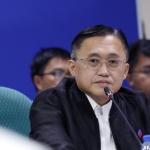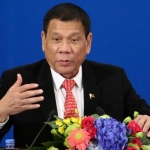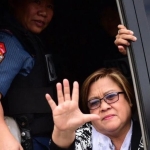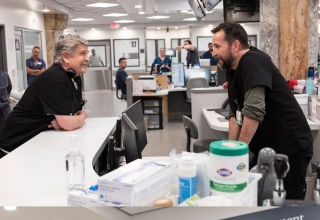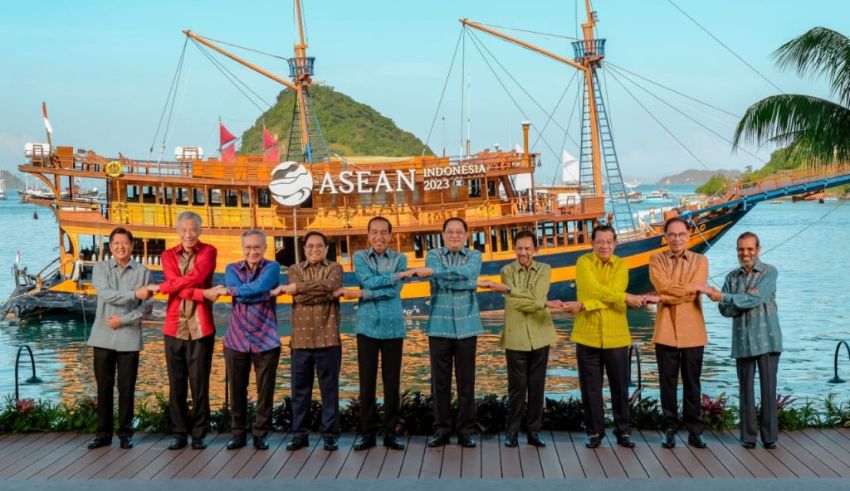
Southeast Asian leaders who have waged brutal campaigns against illegal drugs are facing growing public discontent and legal challenges over their involvement in drug war scams, according to a commentary by Zachary Abuza, a professor at the National War College in Washington.
The commentary, published by BenarNews, an online news service affiliated with Radio Free Asia, argues that the drug war scams have undermined the legitimacy and authority of the leaders who have used the war on drugs as a pretext to crack down on dissent and human rights.
Keep Reading
The commentary cites the cases of Philippine President Rodrigo Duterte, who has been accused of ordering the killings of thousands of drug suspects without due process, and Thai Prime Minister Prayuth Chan-o-cha, who has been implicated in a scandal involving the smuggling of tons of ketamine from Taiwan.
The commentary also mentions the recent arrest of Myanmar’s de facto leader Aung San Suu Kyi, who faces charges of illegally importing walkie-talkies and violating COVID-19 restrictions, among other allegations. The commentary suggests that the military coup that ousted her on Feb. 1 was partly motivated by her government’s efforts to reform the country’s drug laws and reduce the role of the military in the lucrative drug trade.
The commentary warns that the drug war scams have eroded the trust and confidence of the people in their leaders and institutions, and have exposed the hypocrisy and corruption of authoritarian regimes. The commentary calls for more accountability and transparency from the leaders, and more support and protection for the journalists, activists, and lawyers who have exposed the drug war scams and defended the rights of the victims.
